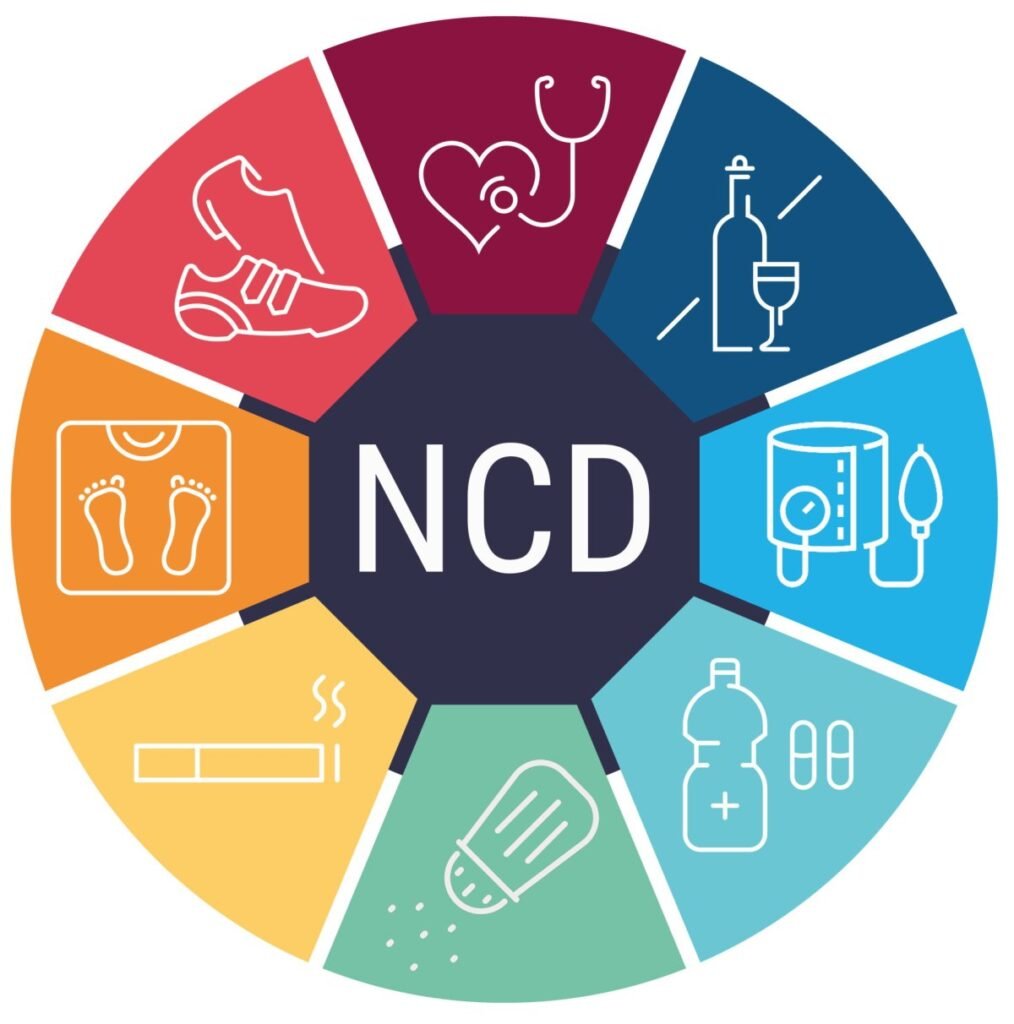Global Health at a Crossroads: The UN Declaration on NCDs Faces Industry Pressure
The final draft of the UN Political Declaration on noncommunicable diseases (NCDs) and mental health is under intense scrutiny as it faces pressure from powerful industries that have long been linked to public health crises. These industries include Big Tobacco, alcohol producers, junk food manufacturers, and fossil fuel companies. Their influence threatens to weaken the declaration, potentially reversing years of progress in addressing global health challenges.
The Declaration is expected to be finalized at the fourth UN High-Level Meeting on NCDs and Mental Health (HLM4), scheduled for 25 September at the UN General Assembly in New York. This meeting is a critical moment for global health policy, with the goal of setting a clear path forward for tackling NCDs and mental health issues.
Alison Cox, Director of Policy and Advocacy at the NCD Alliance, expressed concern over the current state of the document. “It looks like health-harming industry fingerprints are all over this,” she said. “At a time when fiscal pressures and shrinking global health funding are significant, health taxes offer a unique opportunity to generate revenue while reducing the burden of NCDs and associated healthcare costs. Yet the Declaration’s text contains weaker language around taxes, allowing industry to avoid accountability. This is a step backward.”
Noncommunicable diseases account for seven of the top ten causes of death globally. Every year, 43 million people die due to NCDs, which make up 75% of all global deaths. This staggering figure highlights the urgent need to address these health challenges and align efforts with the Sustainable Development Goal 3.4, which aims to reduce premature mortality from NCDs by one-third by 2030.
The mandate for HLM4 was clear: the Declaration should be concise, action-oriented, and build on previous commitments. It was intended to mobilize political will and action through measurable global targets and commitments. However, the current draft falls short of this goal.
The language in the Declaration has been systematically weakened, particularly regarding cost-effective prevention policies and fiscal measures. The ambition of the targets has been reduced, and the use of strong commitments such as “implement” and “enact” has been replaced with more passive terms like “consider” and “encourage.” The original zero draft included three fast-track targets and five tracer targets, but each of these has been significantly weakened in the final version.
Another area of concern is the role of civil society and community involvement in the declaration. Civil society is only mentioned once in the entire document, and the inclusion of people living with NCDs is given minimal attention. Cox emphasized the importance of involving communities and those affected by NCDs in public health responses. “History has shown that ignoring the integral role of civil society, communities, and people living with diseases weakens any meaningful public health response. NCDs are no exception.”
With just a week of negotiations remaining, the NCD Alliance is urging governments to demonstrate true leadership and resist last-minute compromises that prioritize commercial interests over public health. They call for a genuine commitment to protecting lives and ensuring that the final Declaration reflects a strong, unified global response to the growing NCD crisis.
Key Concerns in the Final Draft
- Weakened Language on Taxes: The declaration’s language around health taxes has been softened, potentially limiting the effectiveness of these tools in generating revenue and reducing NCD burdens.
- Reduced Ambition in Targets: The original targets have been diluted, leading to less impactful goals for global health action.
- Limited Civil Society Involvement: The role of civil society and individuals affected by NCDs is barely acknowledged, raising concerns about inclusivity and effectiveness.
- Passive Commitments: The shift from active commitments like “implement” to passive language like “encourage” suggests a lack of urgency and determination.
As the world watches the final negotiations, the outcome of the HLM4 meeting will have far-reaching implications for global health. The challenge now is to ensure that the Declaration remains a strong, actionable framework that prioritizes public health over commercial interests.

